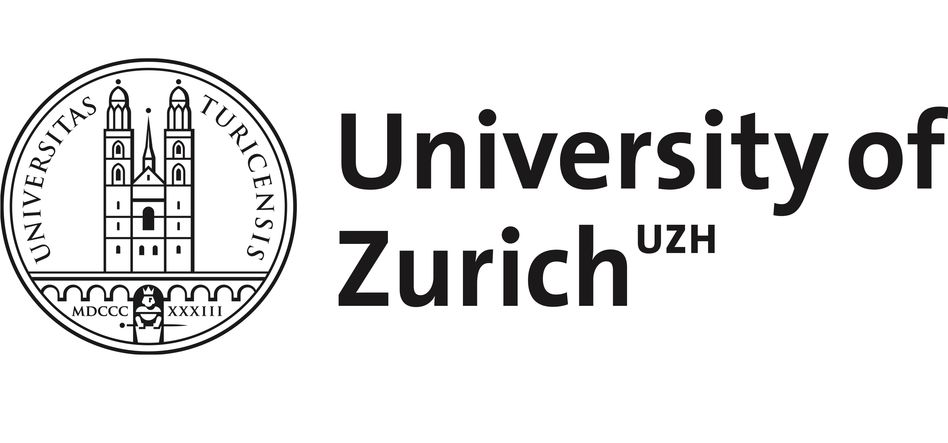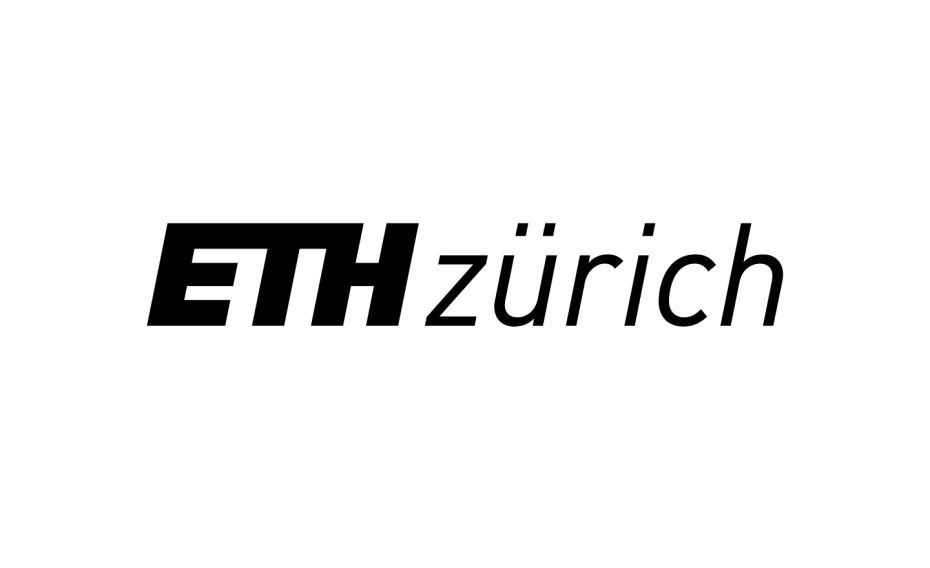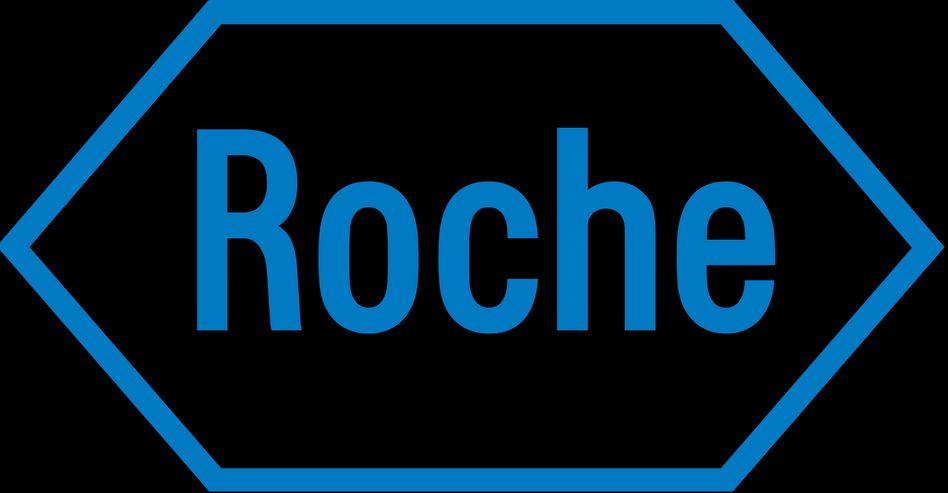Speakers
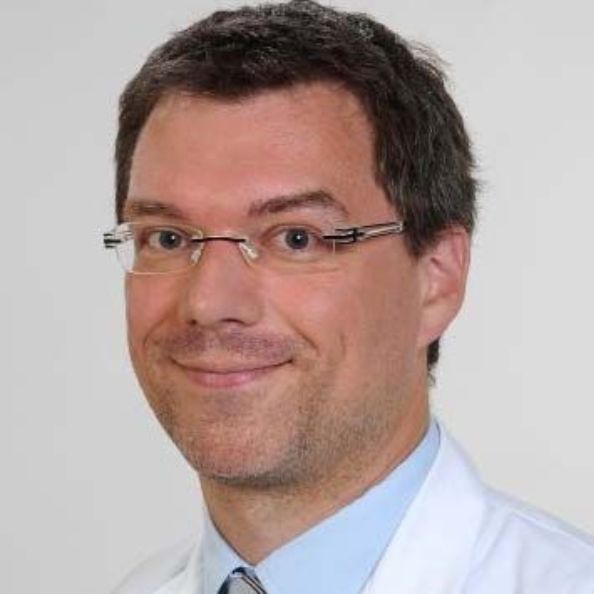
Prof. Dr. med. Michael Scharl
USZ - Gastroenterology and Hepatology
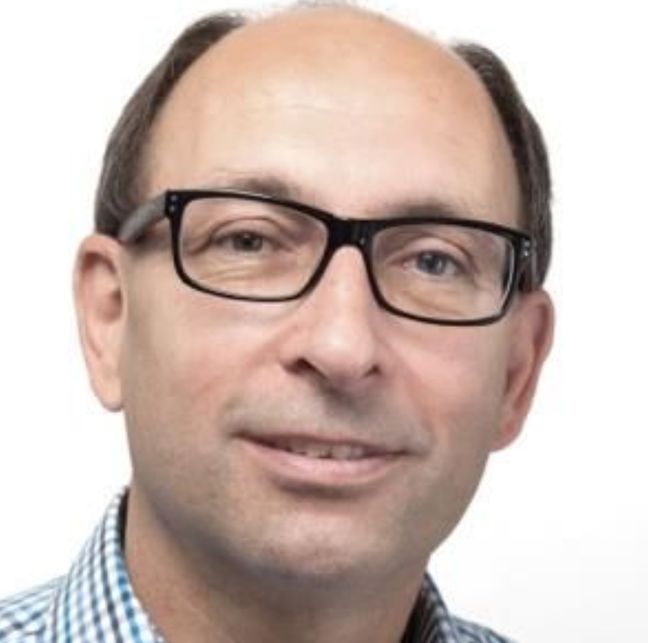
Prof. Dr. Lukas Sommer
UZH - Institute of Anatomy
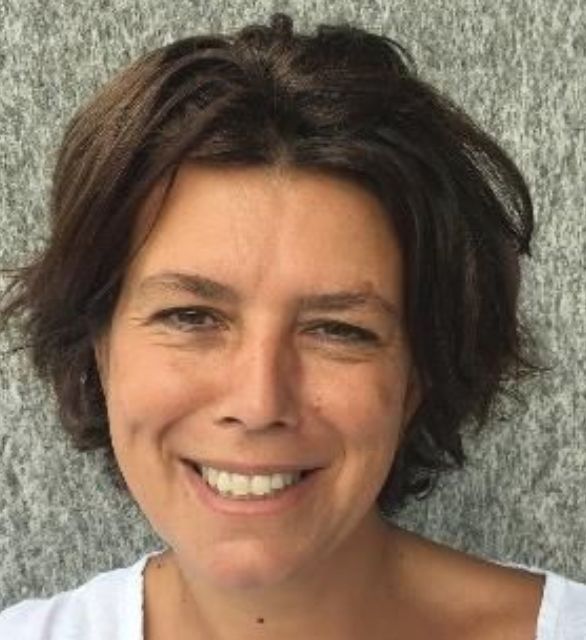
Prof. Dr. Lorenza Penengo
USZ - Institute of Molecular Cancer Research
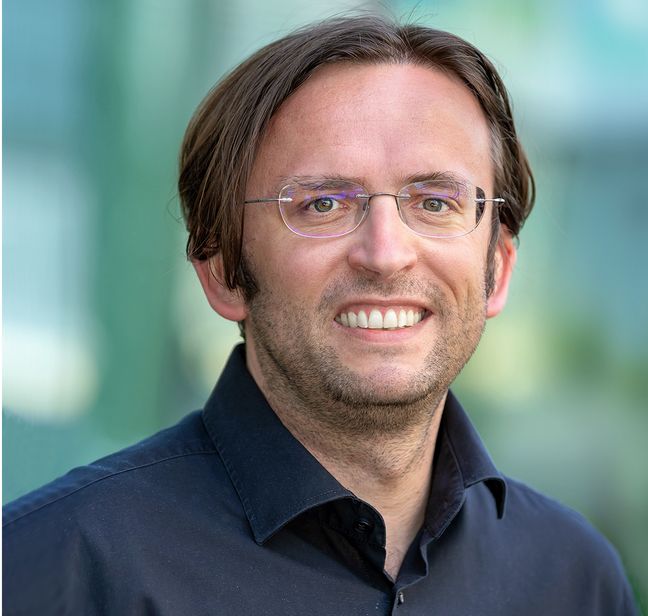
Prof. Dr. Johannes Zuber
IMP - Research Institute of Moelcular Pathology Vienna
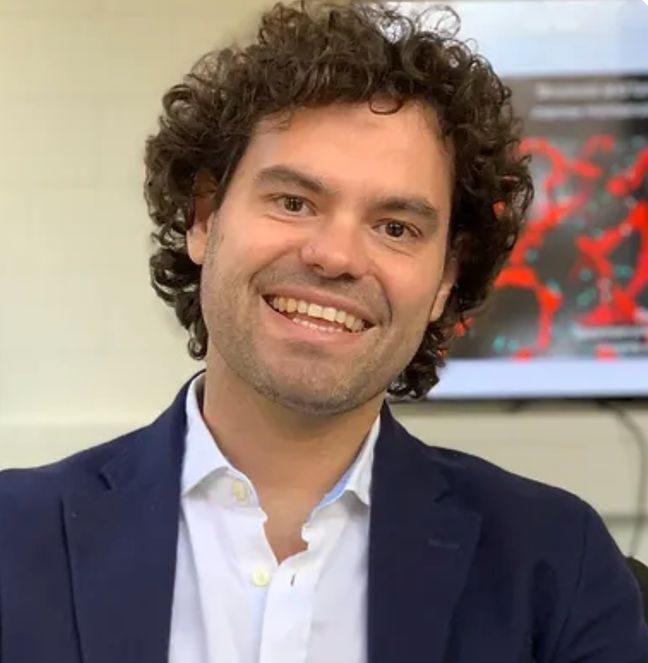
Prof. Dr. César Nombela Arrieta
USZ - Experimental Hematology
